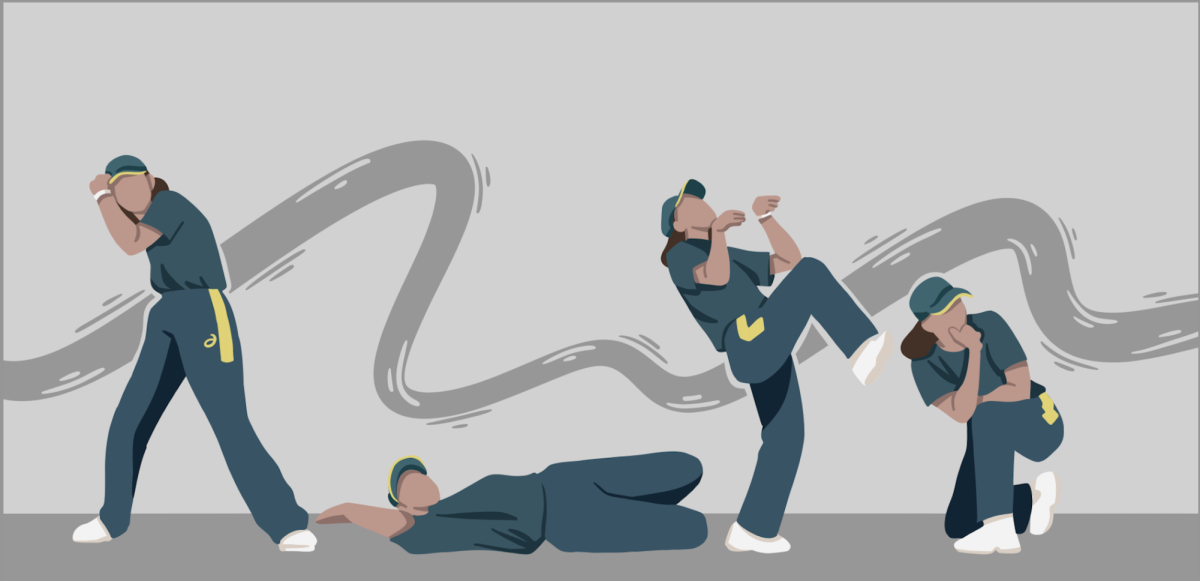For the first time, breakers (also known as B-Boys and B-Girls) will be able to see their sport at the highest stage: the Olympics. Breaking, which made its debut in the Olympics in July 2024, originated as an integral part of hip-hop culture, with many fans attributing its creation to dancers in New York City during the 70s, such as “The Legendary Twins,” Keith and Kevin Smith. Breaking skills primarily consist of top rock (footwork) and down rock (power moves such as spins and twists). Though most moves originate from Black and Latino hip-hop, different cultures have added their own dances to the mix. After all, breaking is the type of art form that allows for such creativity and innovation.
Not only was it a performance, but breaking quickly transitioned into battles, with breaking crews such as Mighty Zulu Kings and The Rock Steady Crew being the first to battle it out on the dance floor. Though the practice popularity slightly declined in the late 80s, the arrival of the famous Battle of the Year (BOTY) in 1990 caused a huge resurgence of breaking worldwide. This eventually led to its recognition by the International Olympic Committee (IOC). It was added to the 2018 Summer Youth Olympic Games in Buenos Aires and was voted to be included in the 2024 Summer Olympics in Paris. The IOC added extreme sports such as surfing, skateboarding, and breaking to the Olympics mainly to appeal to a younger audience.
The big winners of this year’s events were Canada’s Philip “Phil Wizard” Kim, who won gold in the B-Boy’s bracket, and Japan’s Ami Yuasa, who won gold in the B-Girl’s bracket. France’s Danis “Dany Dann” Civil and USA’s Victor Montalvo won silver and bronze, respectively, in the B-Boy’s bracket. Lithuania’s Dominika “Nicka” Banevič and China’s Liu “671” Qingyi won silver and bronze, respectively, in the B-Girls bracket. Outside of the medalists, there was one performance that might go down in breaking history as one of the strangest ever done. Rachael “Raygun” Gunn represented Australia in this year’s Olympics for breakdancing, and her performance in the Round Robin group round has gone viral on the internet. However, this virality is far from positive, as nearly all who posted about her performance are mocking it. Many have described the dance as “terrible” and “excruciatingly bad.” According to Raygun herself, she said that “[she] was never going to beat these girls on what they do best, the dynamic and the power moves, so [she] wanted to move differently, be artistic and creative because how many chances do you get in a lifetime to do that on an international stage?”
Unfortunately, that was not how the world perceived her performance. Although the IOC has decided not to renew breaking as a sport in the 2028 Olympics, the performances were memorable in many ways, and proved meaningful and intruiging for spectators worldwide.
























